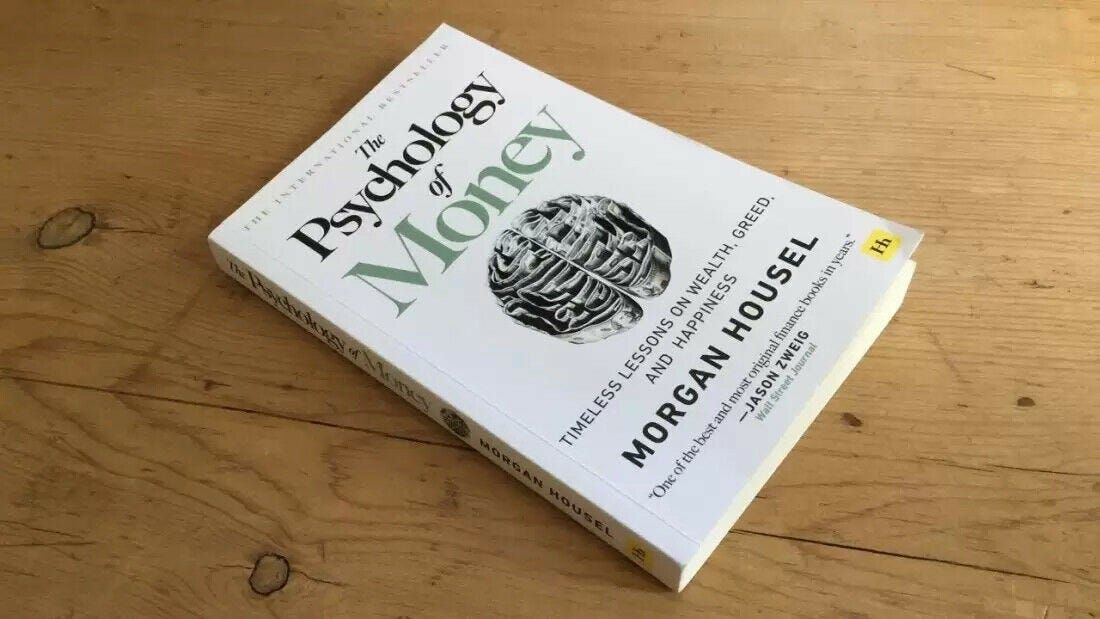
The Psychology of Money Podcast
NotebookLM Summary of The Psychology of Money
By
Joseph Provence, a news contributor who writes about technology, small business, and e-commerce.
Apr 24,2025 2:30 PM MST
Morgan Housel’s
The Psychology of Money
offers a compelling exploration into how people think about and manage money, emphasizing that financial success is less about knowledge and more about behavior. Through relatable stories and clear insights, Housel shows that how we handle money is deeply emotional and shaped by our unique life experiences, not purely rational decision making.
Housel
introduces powerful concepts like “getting wealthy versus staying wealthy,” noting that building wealth often takes boldness, but preserving it requires humility, frugality, and paranoia. This is why some of the richest investors, like Warren Buffett, are successful not because of extraordinary returns, but because of consistency, patience, and the power of compounding over long periods.
The book also dives into the role of luck and risk. Bill Gates’ success is partly due to attending one of the few schools with early access to computers, while his equally talented peer Kent Evans tragically died young. The takeaway: success stories are often underpinned by good fortune, while failures may result from bad luck rather than poor decisions.
One of Housel’s standout ideas is the importance of defining “enough.” Chasing endless wealth can lead to ruin, as shown through stories of individuals who risked their fortunes seeking more. Instead, he encourages readers to seek satisfaction and recognize when they have enough to live a meaningful life.
Ultimately,
The Psychology of Money
reframes financial wisdom. It’s not a how to guide for investing, but a human guide to understanding why we behave the way we do with money. By mastering self awareness and managing expectations, readers can improve not just their finances, but their happiness and peace of mind.
